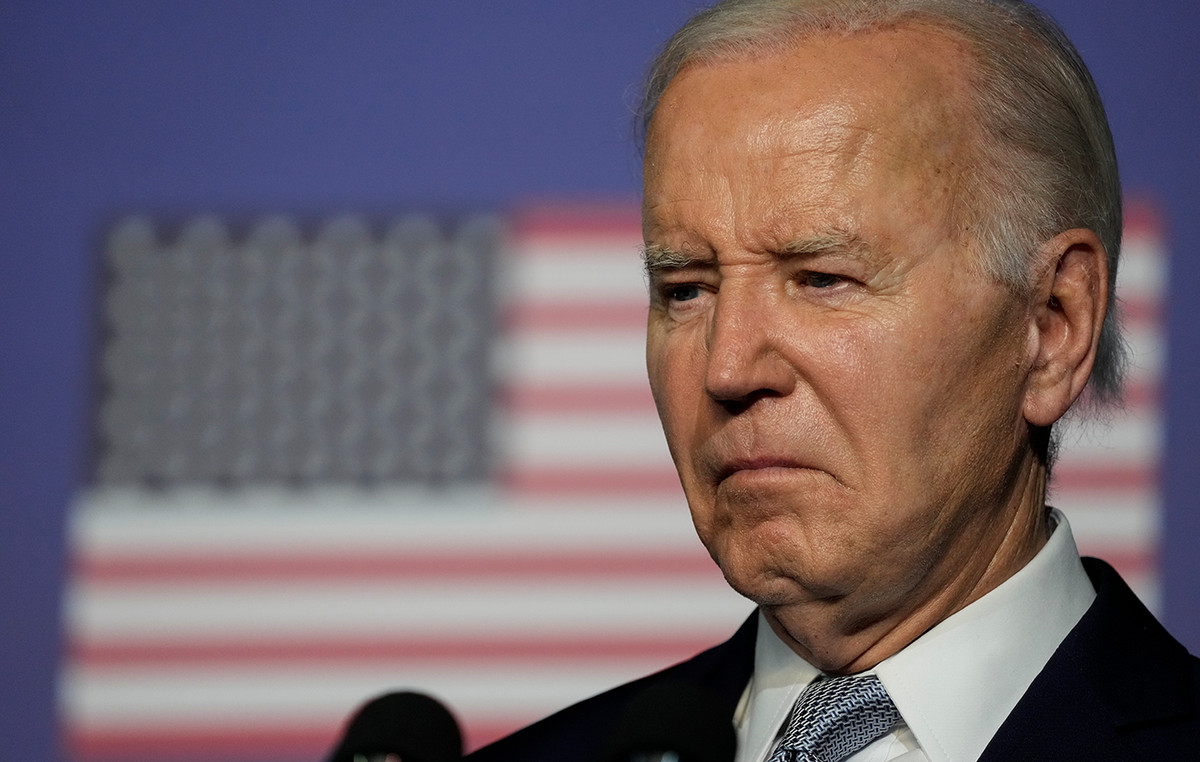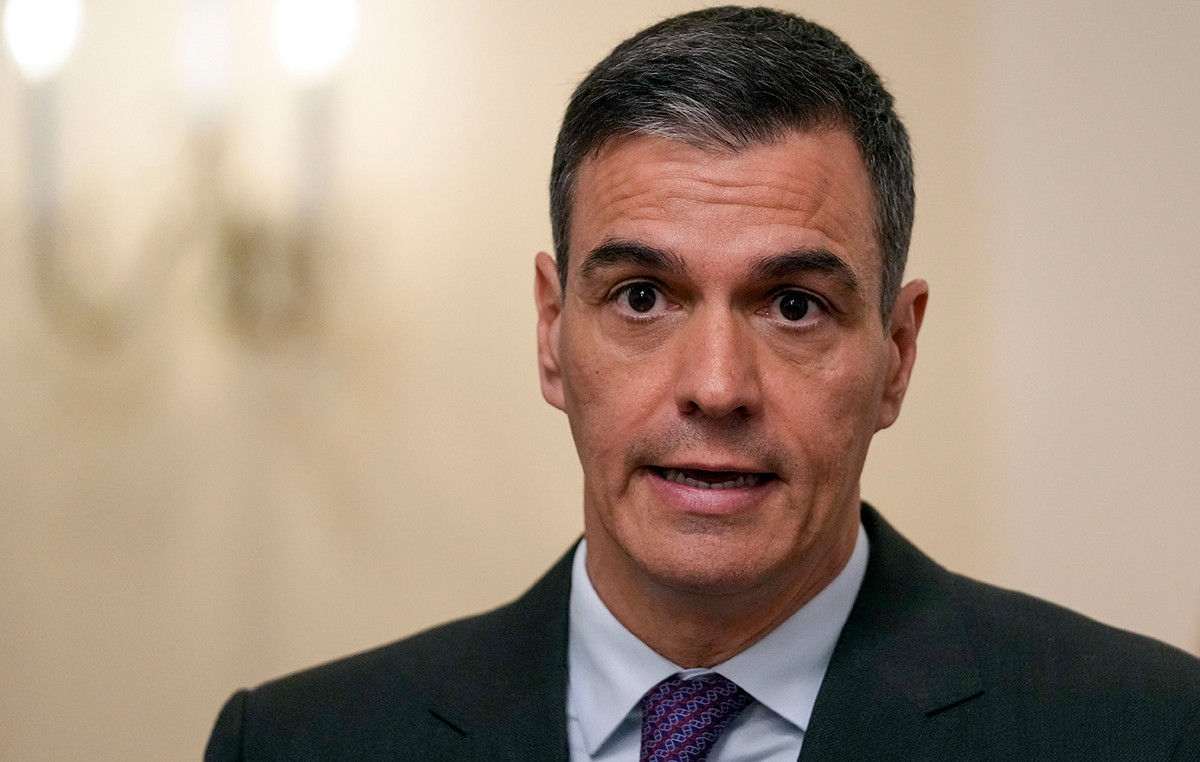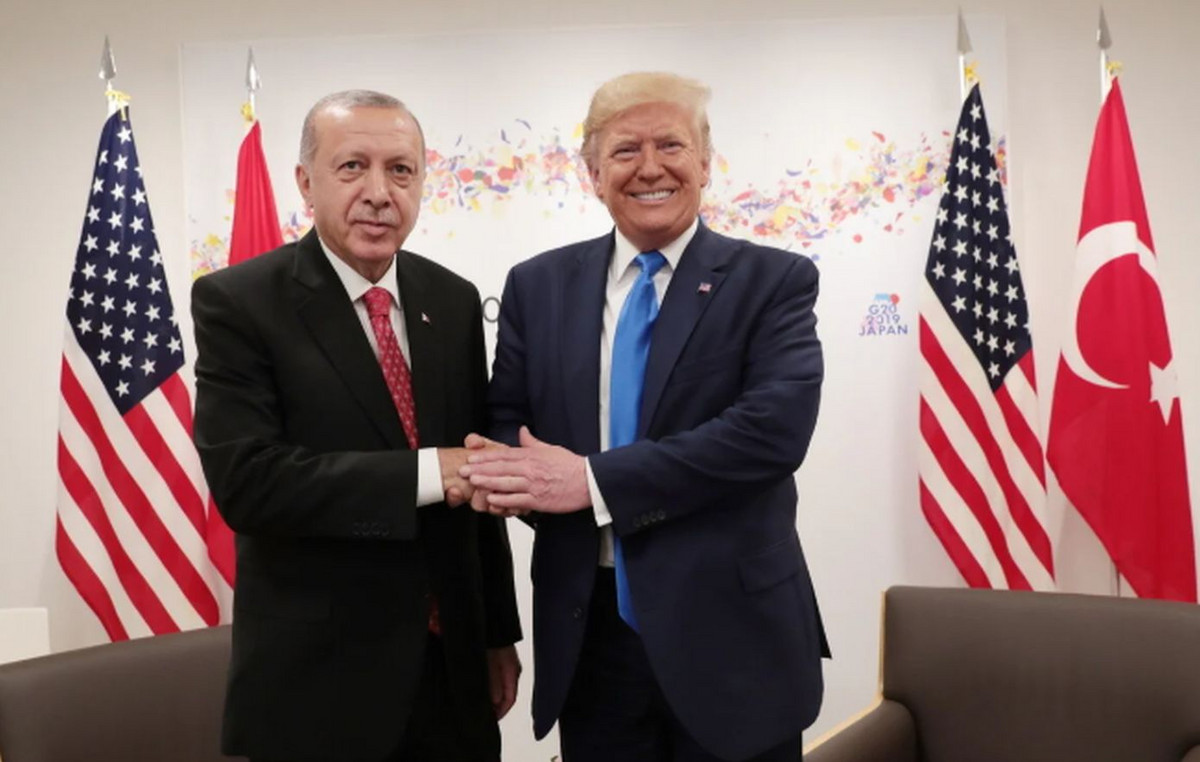The farewell to Pope Francis (1936-2025) brought a rescue of the interests of the pontiff, such as literature topic that considered essential for human and spiritual formation. Novels and Poems They were among the favorite genres of the Holy Father.
“Finding a good book can be like an oasis that removes us from other activities that do not do us well. Reading can open new spaces of internalization in us that prevent us from closing in those obsessive anomalous ideas that inevitably chase us,” he said in an open letter to young priests, published in 2024.
Check out your favorite works:
“The idea of a Christian society,” by TS Eliot
The book reflects on the role of the Christian faith in aspects such as politics and society. Derived from a Cambridge conference in March 1939, the work brings Eliot’s vision that culture should shape a Christian society whose values are capable of coexisting beyond the community, reaching spaces such as politics and the collective good.
“For Swann’s side – in search of lost time,” vol. 1, by Marcel Proust
Published in 1913, the book is the first of the seven that make up the novel “looking for lost time”, a classic of literature, and talks about topics such as time, art, love and existence.
The work contemplates the famous episode of the Magdalens: the narrator is taken by immense joy in proving a dumpling, which symbolizes the power of involuntary memories previously forgotten.
“The time reunited – in search of lost time,” vol. 7, by Marcel Proust
Still in the same series of books, the last volume, published in 1927, was also among Pope Francis’ favorites.
In it, Proust plunges into Parisian society of the First World War period (1914-1918), considering it one of the most critical moments of European life. Reflections mix reality and imagination to claim that memory is recreating of the past.
“Borges Oral & Seven Nights”, by Jorge Luis Borges
In the last stage of his life, the author of whom Pope Francis was a fan was already blind and made conferences full of irony, modesty and wisdom. In 1979 “Borges Oral” and “Seven Nights”, 1980, the writer reflects on time, poetry and immortality with allusions ranging from Socrates, Pythagoras, Christ, Buddha to contemporary authors such as Argentine Macedonio Fernández.
“An experiment in literary criticism” by CS Lewis
Lewis’s classic, published in 1961, presents a reflection on literary criticism and proposes a new format focused on the reader’s impressions. For the author, literature exists for public pleasure and books must be judged by the type of reading they cause.
Before arriving at the Vatican, Jorge Mario Bergoglio – Francisco’s baptismal name – went through a list of occupations during the youth, such as a janitor, bar and chemical security in the laboratory. In addition, he was a professor of literature and psychology at the Immaculate College of Santa Fe between 1964 and 1965, and at Colégio del Salvador in 1966.
This content was originally published in know Pope Francis’ 5 favorite books on CNN Brazil.
Source: CNN Brasil
I’m Robert Neff, a professional writer and editor. I specialize in the entertainment section, providing up-to-date coverage on the latest developments in film, television and music. My work has been featured on World Stock Market and other prominent publications.







